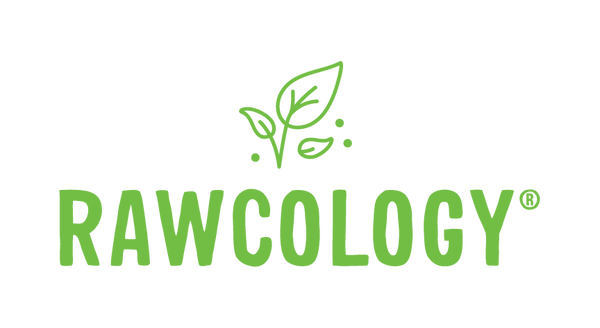Benefits of Protein

Protein is often referred to as the "building block" of our bodily functions, and for good reason. It is one of the three macronutrients that our body needs in large quantities to function properly. Protein is made up of smaller units called amino acids, which are the essential building blocks that form the foundation of our tissues, organs, muscles, and bones.
Protein serves many essential functions in our body. It is responsible for building and repairing tissues, regulating our hormones, enzymes, and neurotransmitters, and supporting our immune system. Additionally, protein plays a crucial role in maintaining a healthy metabolism and controlling our appetite.
One of the key functions of protein is tissue repair and growth. Whenever our tissues, muscles, or organs are damaged due to injury or illness, our body requires protein to repair and rebuild them. This is particularly important for athletes and people who engage in regular physical activity, as they put additional stress on their muscles and require more protein for repair and growth.
Amino acids are the individual units that make up protein, and there are 20 different types of amino acids. Of these, 9 are considered essential, meaning our body cannot produce them on its own and they must be obtained through our diet. The remaining 11 amino acids are non-essential, meaning our body can produce them on its own. However, even non-essential amino acids are still important for optimal well being.
It is important to note that not all protein sources are created equal. Animal-based protein sources, such as meat, fish, and dairy products, are typically high in all 9 essential amino acids and are therefore considered complete proteins. However, plant-based protein sources, such as legumes, grains, and vegetables, may not contain all 9 essential amino acids and are considered incomplete proteins. This is why it is important to consume a variety of protein sources, especially for vegetarians and vegans, to ensure adequate intake of all essential amino acids. If not, supplementing with BCAAs can be a good idea because they help with protein synthesis.
Protein is a crucial macronutrient that performs a vast array of critical functions in our bodies. From supporting tissue growth and repair to regulating hormones and enzymes, adequate protein intake is essential for our health and longevity. Ensuring that we consume enough protein should be a key component of any balanced, healthy diet. By prioritizing this nutrient, we can ensure that our bodies have the resources they need to thrive and flourish. Whether you’re vegan or not, there's not a right or wrong. As the concept of protein sources continues to be a hot debate, it's about bio individuality, what feels good for you and just make sure you are conscientious of the quality of the protein you are consuming.
Some Plant Based Protein Sources Include: Beans, Lentils, Tempeh, Tofu, Nuts, Seeds, and Soy Beans.
Here are our favorite protein packed Rawcology recipes:
London Fog Smoothie
Take your Earl Grey tea to the next level and get your protein in with our deliciously smooth and healthy London Fog smoothie. It’s a nutritious blend of vanilla protein, hemp hearts, frozen bananas, and Earl Grey tea.
Topped with a healthy handful of Rawcology's Banana Grain Free Granola for all the blood sugar balancing goodness.

Lemon Protein Cheesecake Bars
Ultra-creamy with a lemon zing. These Lemon Vegan Cheesecake Bars are the perfect spring dessert. Made with gut loving probiotics and a bonus with protein from hemp and cashews. You can also UP the protein by adding a scoop of your favourite protein powder to the creamy filling. These are great post fitness snacks, zesty dessert or gluten free snack for that afternoon pick up me!

